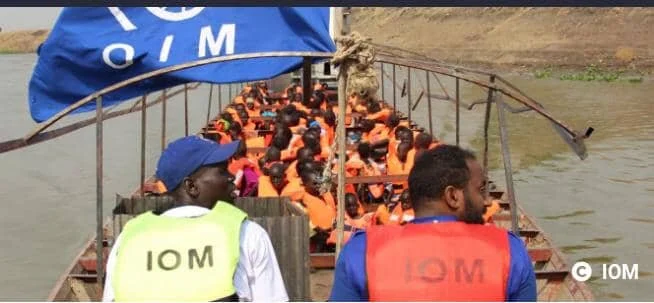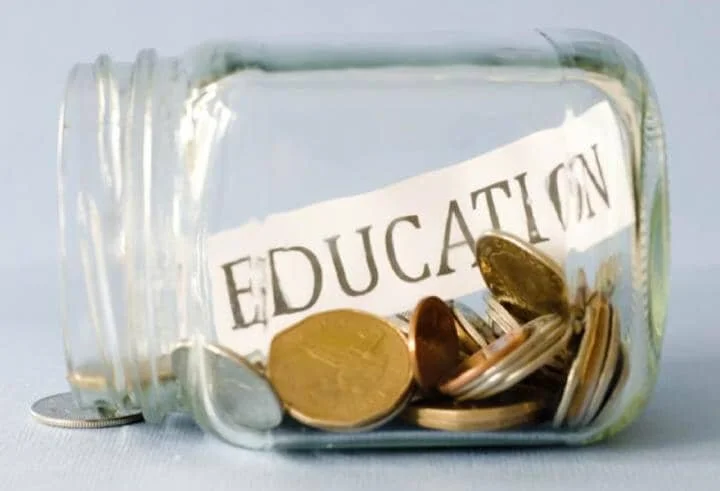During these unprecedented times, it is more important than ever that governments, policymakers, academics, business leaders and civil society come together to find innovative ways of supporting communities and providing hope to younger generations. The pandemic has further highlighted and exacerbated the existing inequalities in our societies, with respect to access to resources, information and power dynamics. Children and young people are among the hardest hit; girls and young women in particular have been disproportionately impacted.
Universal Declaration of Human Rights | Dignity, Freedom and Justice for All
Whereas recognition of the inherent dignity and the equal and inalienable rights of all members of the human family is the foundation of freedom, justice, and peace in the world, Whereas disregard and contempt for human rights have resulted in barbarous acts which have outraged the conscience of mankind, and the advent of a world in which human beings shall enjoy freedom of speech and belief and freedom from fear and want has been proclaimed as the highest aspiration of the common people.
The Youth Café Discussions With The Chief Justice On Social Transformation Through Access To Justice.
In commemoration of the International Day of Democracy, a section of the Civil Societies Organizations, The International Commission of Jurists, International Justice Mission Kenya, Kenya Human Rights Commission, Amnesty International Kenya, Centre of Rights Education and Awareness, Transparency International- Kenya, and The Youth Café held a virtual meeting with the Chief Justice, the president of the Supreme Court, honorable Lady Justice Martha Koome, On September 17, 2021, to deliberate on collaborations and contributions towards the implementation of the Chief Justice’s vision of social transformation through access to justice.
Migration Amid COVID-19: Young Africans Weigh Their Options
While the African migration narrative may be dominated by desperate youth involved in irregular migration, the near-term impact of the COVID-19 pandemic on them has also increased the migration of certain groups, especially those with skills useful in the health sector of destination countries. Increasingly, migration for work or education has become a common phenomenon in Africa. Data from the International Migrant Stock 2019 report, prepared by the UN Department of Economic and Social Affairs (DESA), shows that international migrants in 2019 numbered an estimated 272 million, an increase of 51 million since 2010.
Education Funding, Philanthropy And COVID-19: What Next?
The COVID-19 pandemic has profoundly challenged education systems around the world and is fast-tracking the exploration of new approaches in education delivery. But this drive for change and systems adaptation is conditioned by human and financial resources. In this context, the responses of private philanthropy and official development assistance (ODA) donors have stirred up considerable interest.






